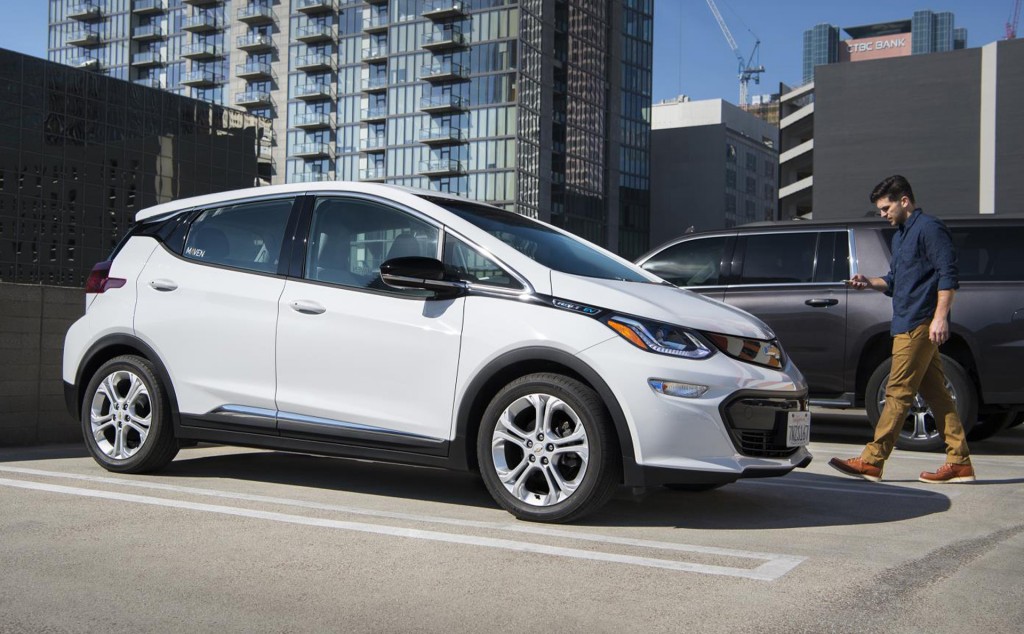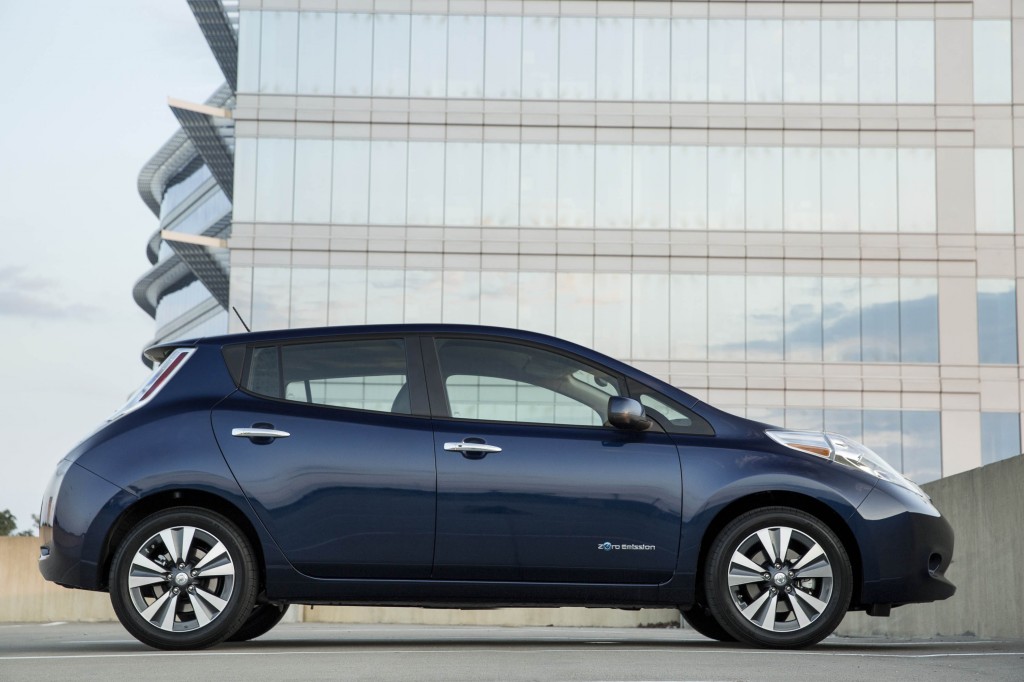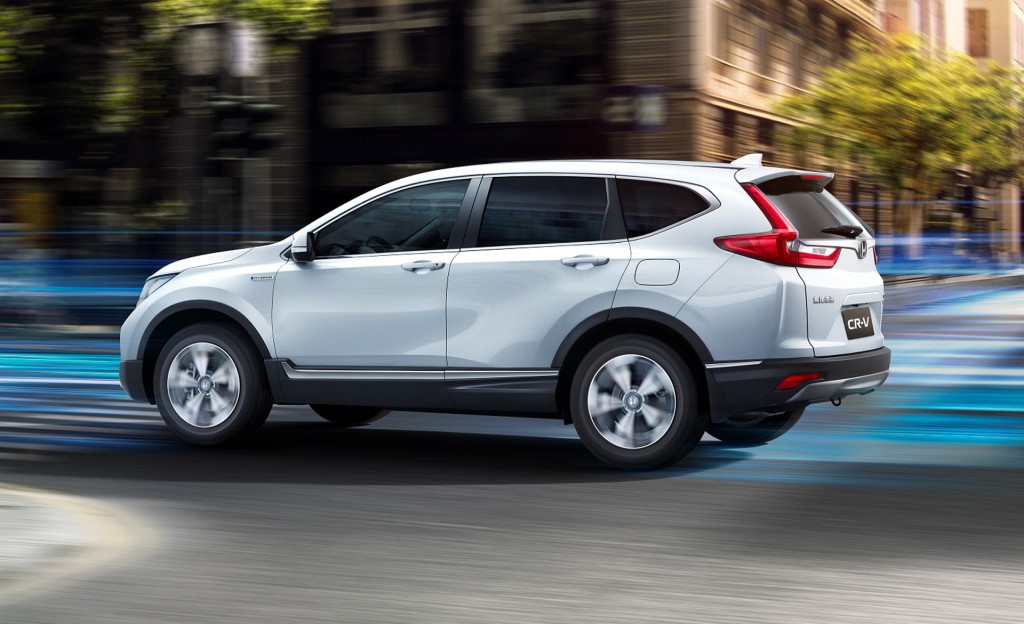Although fuel prices remain relatively cheap in most areas of the United States, it seems that interest in electric vehicles may be growing.
According to a new survey from AAA, interest in electric vehicles among American consumers now rivals that for full-size pickup trucks.
However, if that's the case, why do sales of electric vehicles remain small in comparison?
DON'T MISS: Scotland Launches New Electric-Car Incentive: Interest-Free Loans To Buy
The survey dives into the details and a few intriguing areas help define why Americans may be interested but aren't exactly ready to pull the trigger on life sans the internal combustion engine.
Specifically, 15 percent of participants said they were likely to purchase or lease an electric vehicle as their next car, against a 16-percent interest in leasing or purchasing a truck.
Among millennials, the figure was even higher: 20 percent said they were likely to park an EV in their driveway in the coming years.

2017 Chevrolet Bolt EV added to Maven car- and ride-sharing fleet in Los Angeles, California
But, the caveat for some 30 million Americans eying up an electric vehicle is range anxiety, which ranked as the biggest concern for potential owners.
In the survey, 69 percent said there simply aren't enough charging stations, and 68 percent of respondents feared they would run out of charge before reaching their destination.
Of course, manufacturers are attempting to work around that by developing vehicles with ranges of 200 miles or more per charge, but those are just now entering the market at affordable prices (below, say, $40,000).
READ THIS: Plug-in electric car sales for Mar: Leaf beats Bolt EV, plug-in hybrids beat electrics
As an interesting aside, 43 percent of respondents claimed their next vehicle would be a car, not a pickup, SUV, or crossover—despite automakers rolling out multiple utility vehicles to pad their portfolios.
Plug-in electric car sales have remained only a small portion of the overall U.S. market of around 17.5 million vehicles a year.
After a slight dip for 2015, plug-in hybrids and battery-electric cars together logged about 160,000 sales last year.

2017 Nissan Leaf
Still, that's only about 1 percent of the market, and still lower than the number for non-plug-in hybrids, which took a bit more than 2 percent of the total.
Those figures continue to pale against the millions of full-size pickup trucks sold every year, with the Ford F-Series being the single best-selling vehicle lineup in the country for more than two decades running.
The hottest category these days is compact crossover utility vehicles, but none of them are currently offered with plugs (assuming you define all-wheel drive as a necessary part of a utility vehicle).
CHECK OUT: Plug-in electric car sales: 2016 best year yet, Bolt EV launches, Model S record
That's likely hurting electric-car sales, and in fact it hurts hybrid sales too.
After the demise of the Ford Escape Hybrid for 2013, it took Toyota four years to offer a RAV4 Hybrid, and only this year is it challenged by the Nissan Rogue Hybrid.
A Honda CR-V Hybrid is likely to follow for 2018, at last offering compact crossover buyers a hybrid option for three top-selling small SUVs.

Honda CR-V Hybrid introduced at 2017 Shanghai auto show
Perhaps some of the disparity between consumer interest in electric cars and their actual sales can be chalked up to the paucity of plug-in offerings in the hottest segments.
And that infrastructure investment needs to happen too: whether it reflects real-world usage patterns or not, those shoppers interested in electric cars need to believe there are enough charging stations wherever they may go.
Even if the data show they may rarely use them.
_______________________________________
Follow GreenCarReports on Facebook and Twitter.












